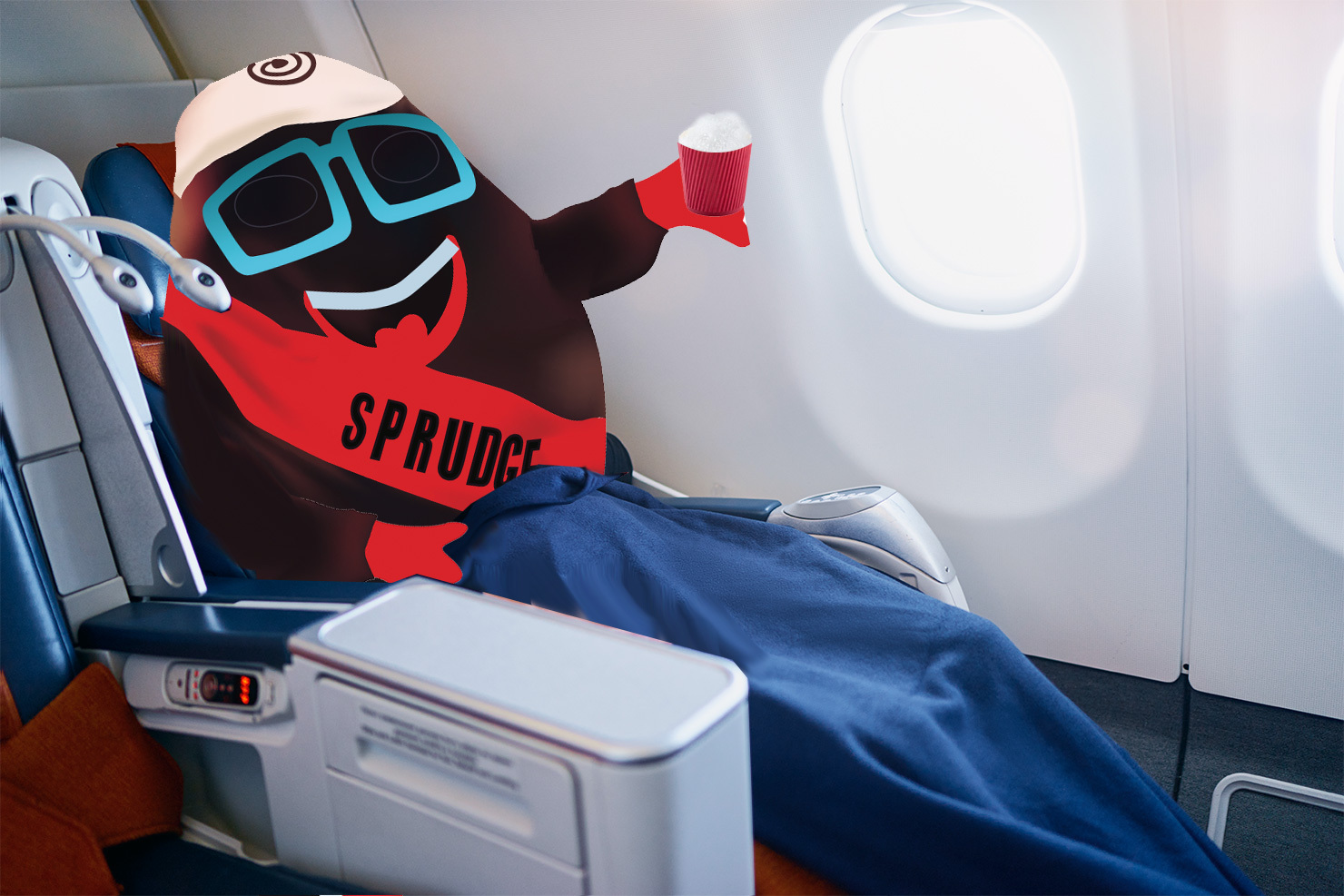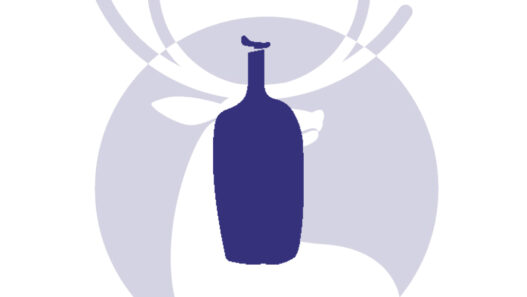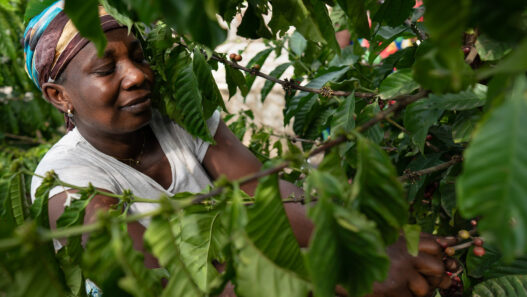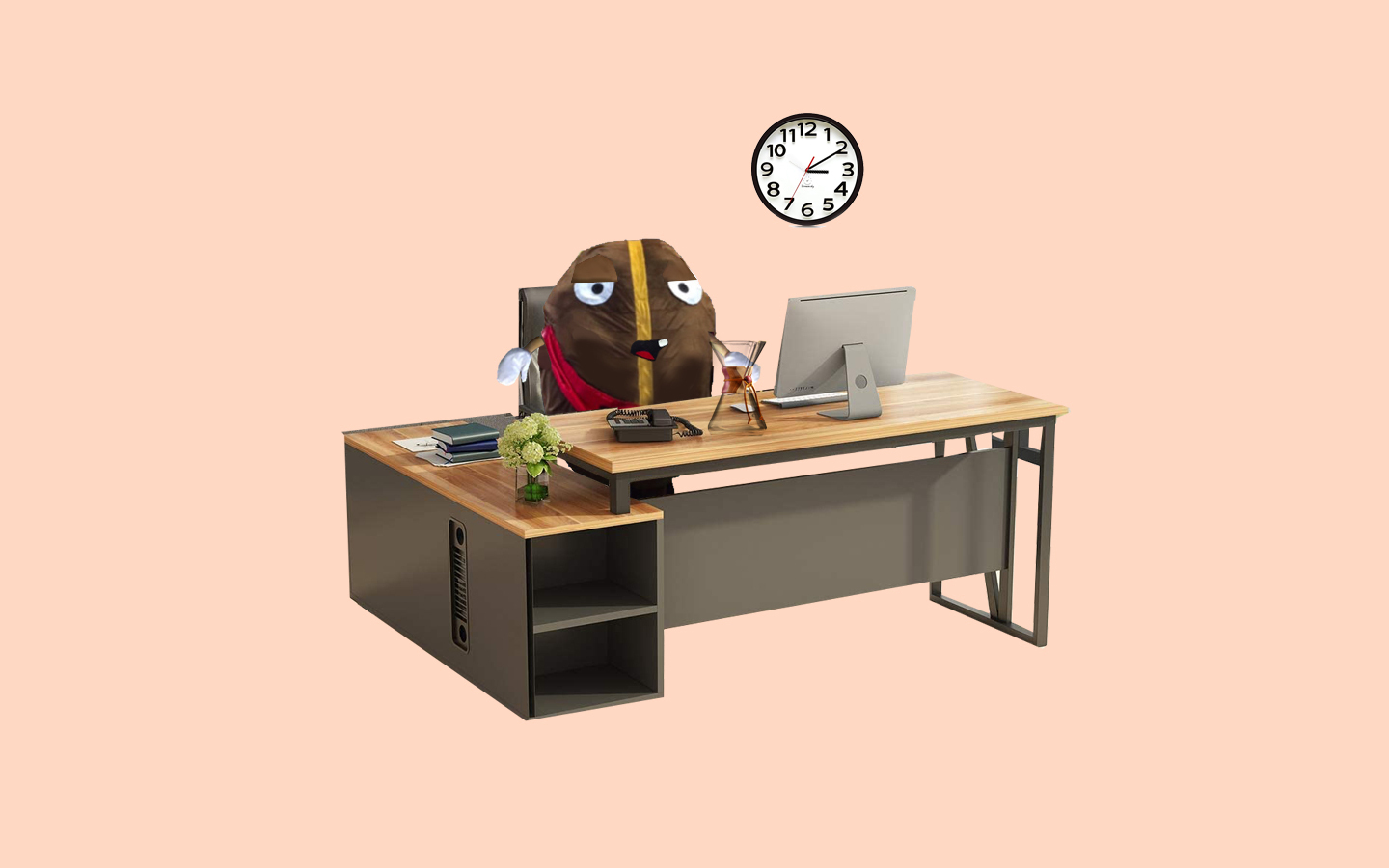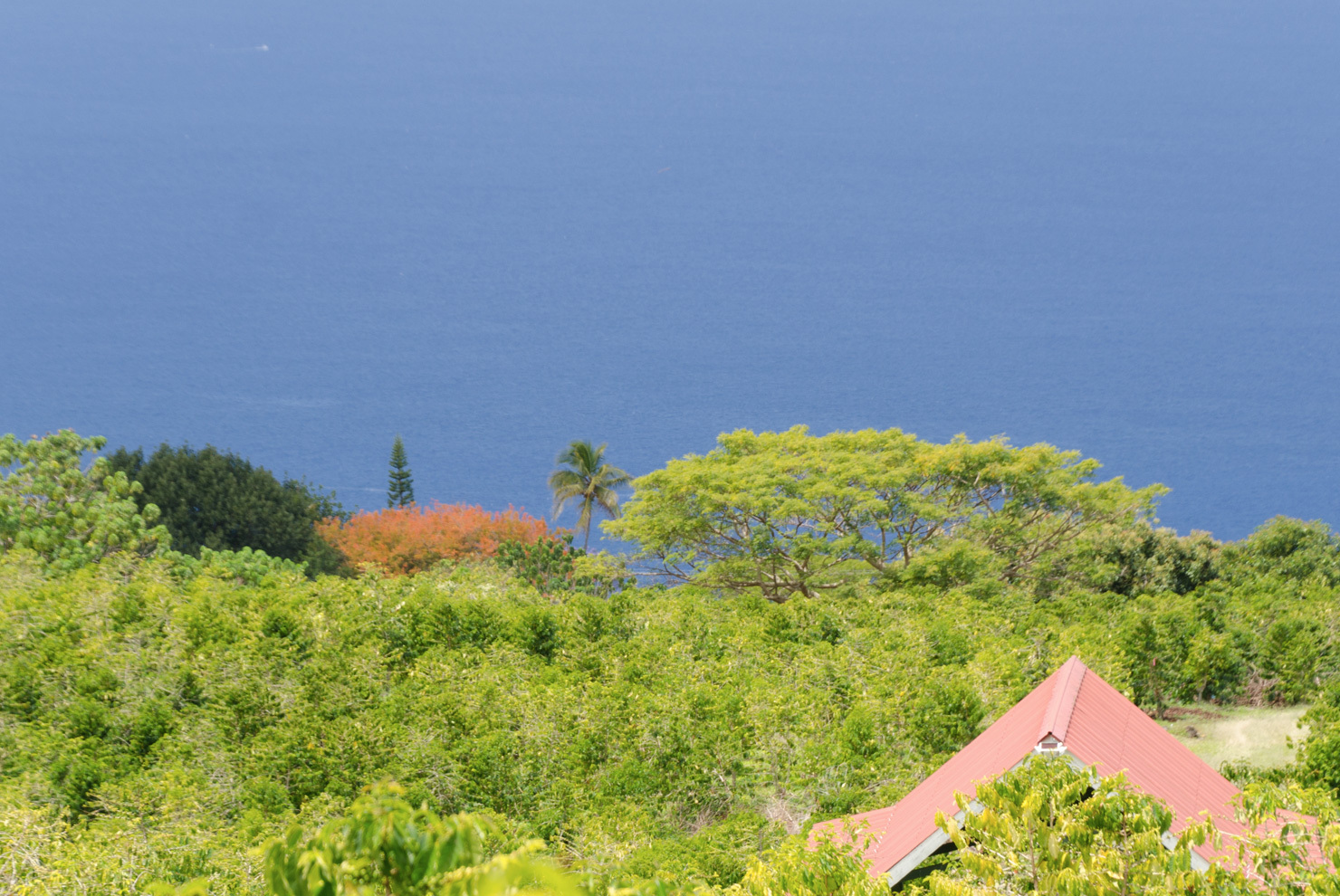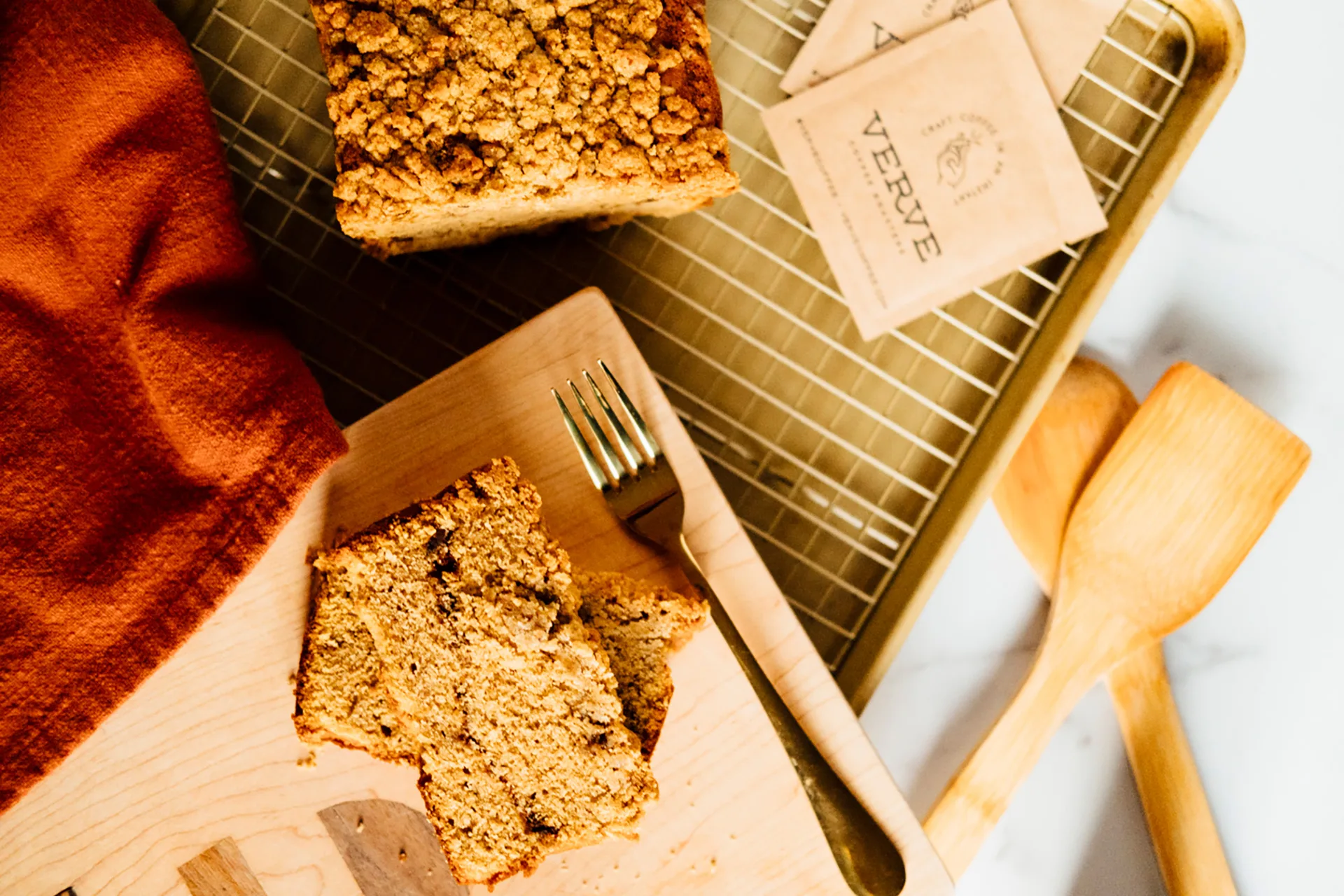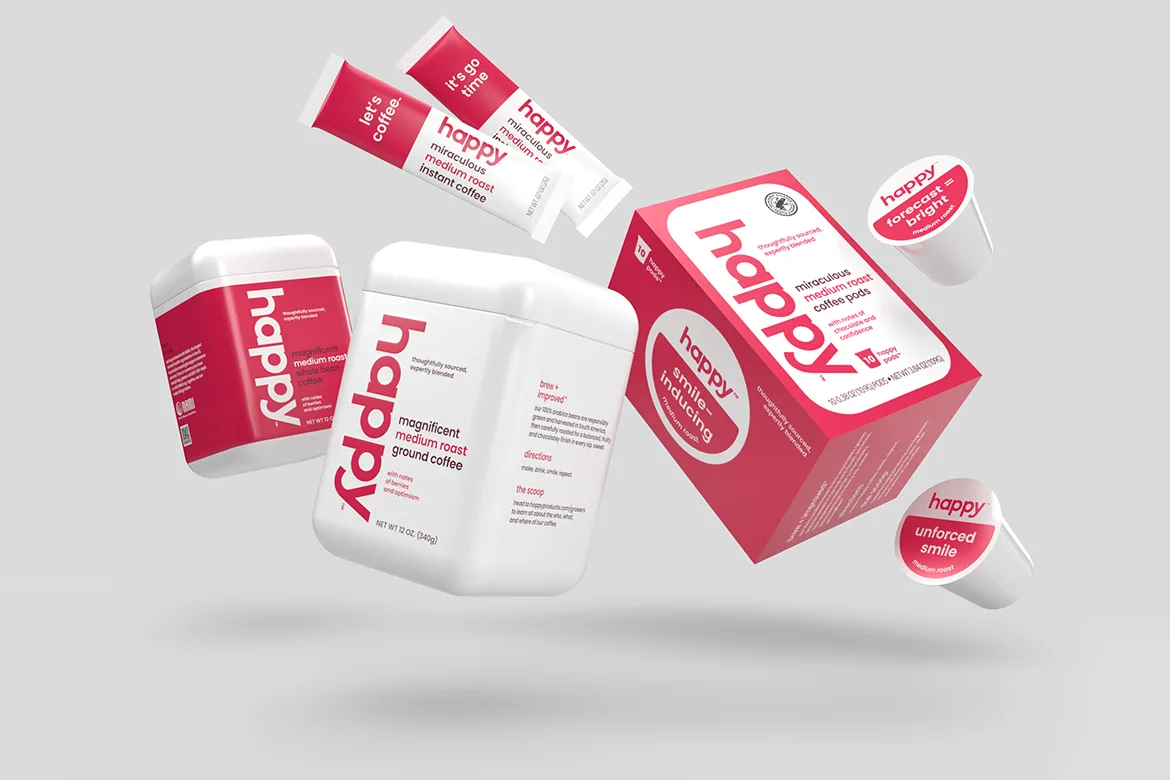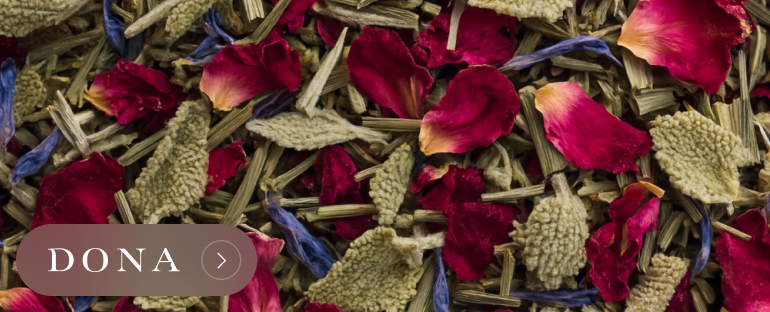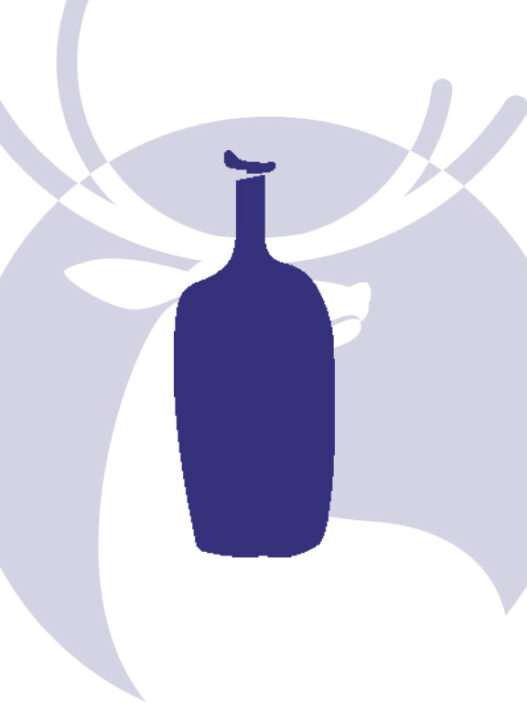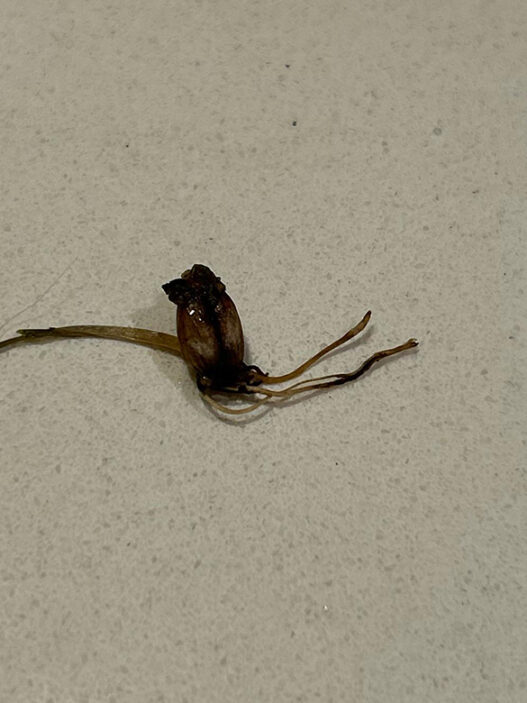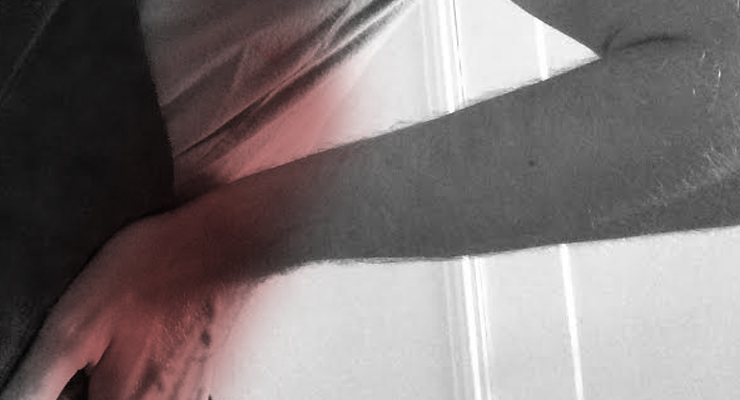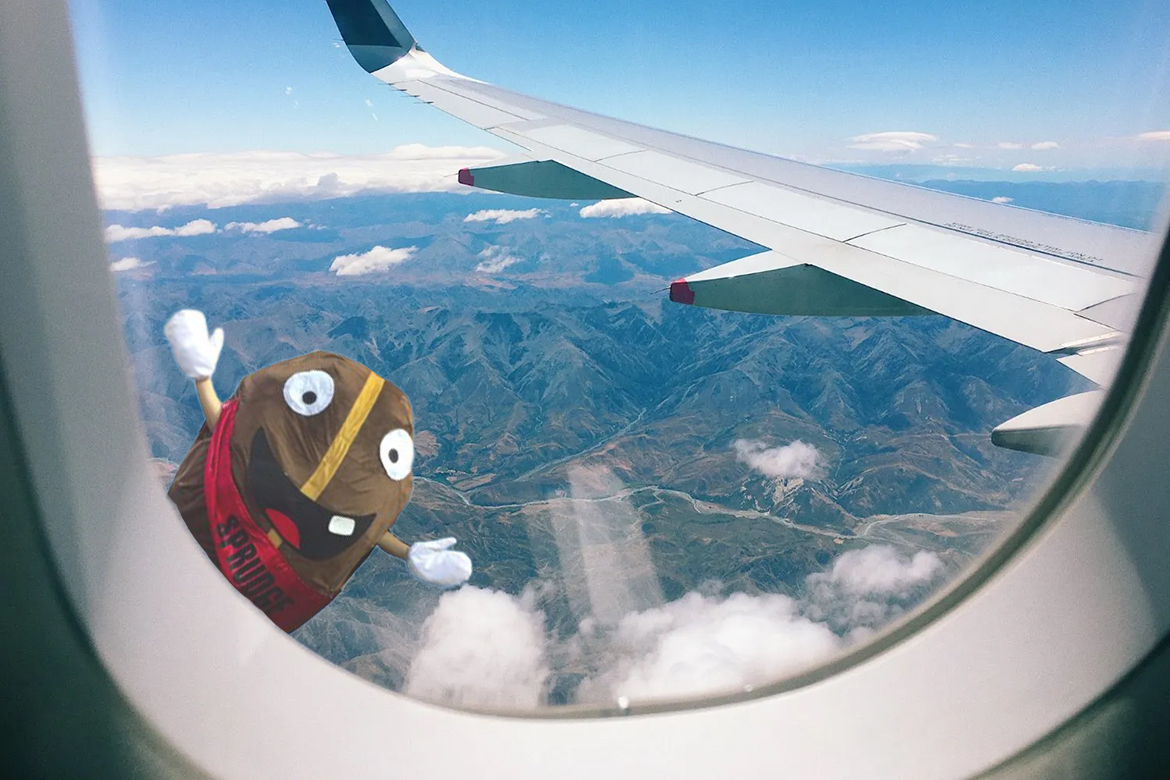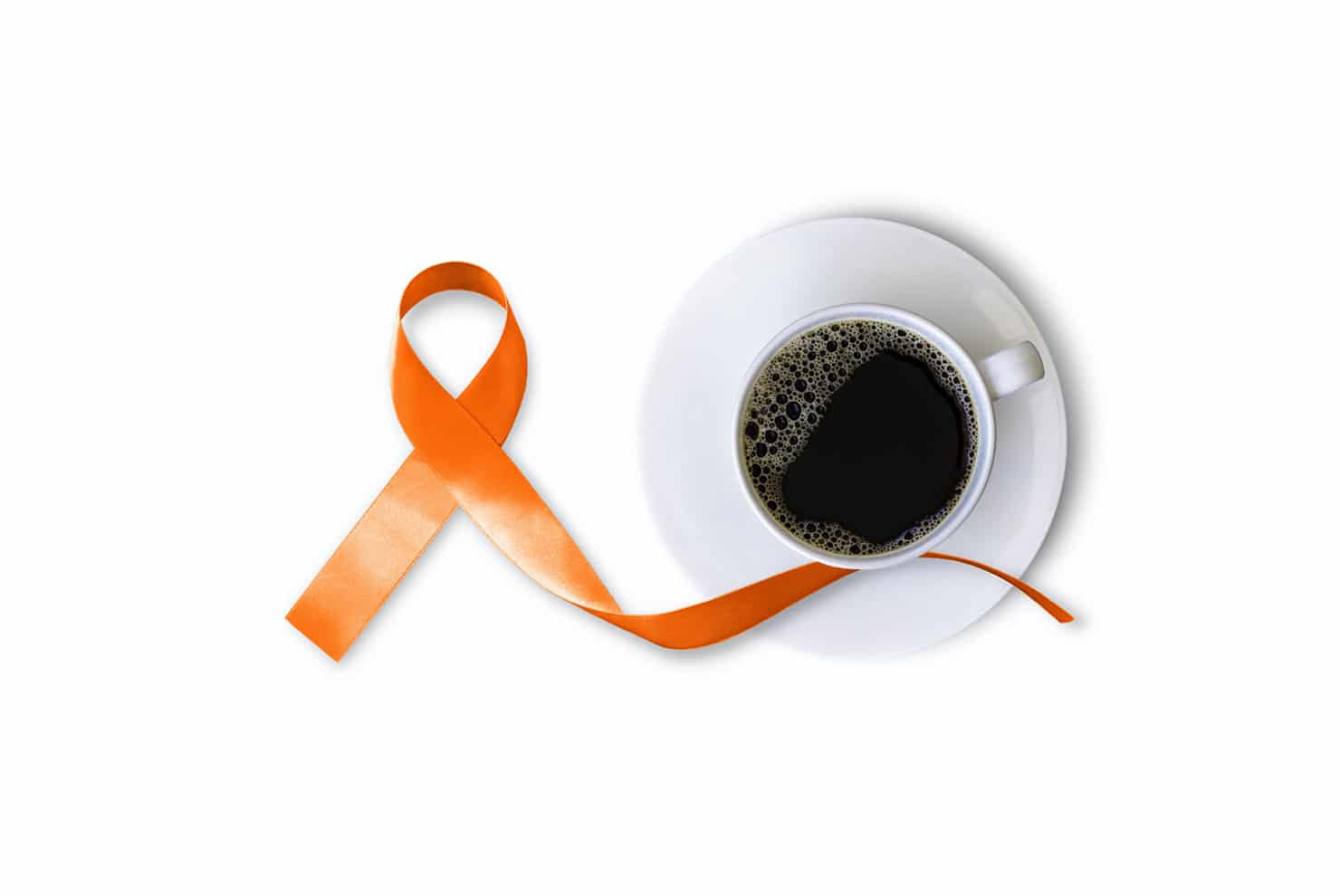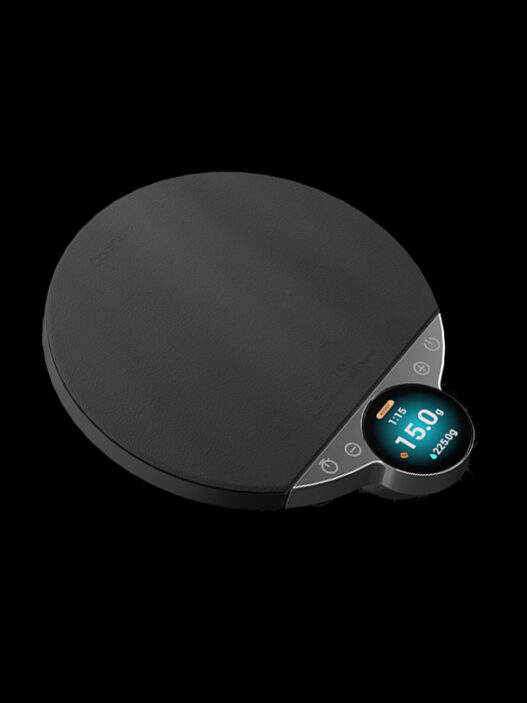If you have been “the coffee drinker in the family” for any extended amount of time, you’ve no doubt by now received coffee as a gift by some well-meaning relative who just got back from vacation. Often times, that coffee is a Kona. Or is labeled as one anyway. Turns out, many of those “real Kona” coffees you get are anything but. Now, lawmakers in Kona are introducing legislation requiring more stringent labeling restrictions for anything being sold as Kona coffee.
As it stands, currently a bag of coffee has to have a minimum of 10% Kona coffee in order to be labeled as such. The other 90% could be anything. Safe to say it is a lesser quality coffee to allow roasters to sell a coffee as Kona—with all its associated higher price points—without having to pay for it. But as reported by Kaua’i Now News, a new bill seeks to drastically increase the percentage. Based on the findings of the Final Report on the Economic Study on Changes in Coffee Labeling Law by the State Department, legislators want the minimum to be raised to either 51% or 100%.
“Requiring coffee labeled as ‘Kona’ to actually be 100% Kona beans will protect the value of the Kona name and support farmers’ ability to get the best prices for their products,” said Rep. Nicole E. Lowen (D-7 Kailua-Kona, North Kona, South Kohala).
If successful, the legislation is expected to lead to a jump in the price of Kona coffee; since folks won’t be able to legally dilute the product, they won’t be able to create the lower cost version. Per the report, the price increase would have minimal impact on the quantities of Kona coffee grown and sold, but would be economically beneficial for the farmers. Setting the minimum at 100% is said to have the greatest impact.
“For too long, we have allowed products that are not Kona coffee to use the Kona coffee name and reputation for profit at the expense of farmers,” states Rep. Jeanné Kapela.
There are currently two bills being introduced by Kona lawmakers during this legislative session. HB2298/SB2481 “establishes a timeline by which roasted coffee, instant coffee, and ready-to-drink coffee beverages that use a geographic origin in labeling or advertising are required to contain a certain percent coffee by weight from that geographic origin,” and HB2613/SB2103 “expands the criminal offense of false labeling of Hawaiʻi-grown coffee to include roasted coffee” and “imposes a $10,000 fine for each separate offense of false-labeling of Hawaiʻi-grown roasted coffee.”
Zac Cadwalader is the managing editor at Sprudge Media Network and a staff writer based in Dallas. Read more Zac Cadwalader on Sprudge.



